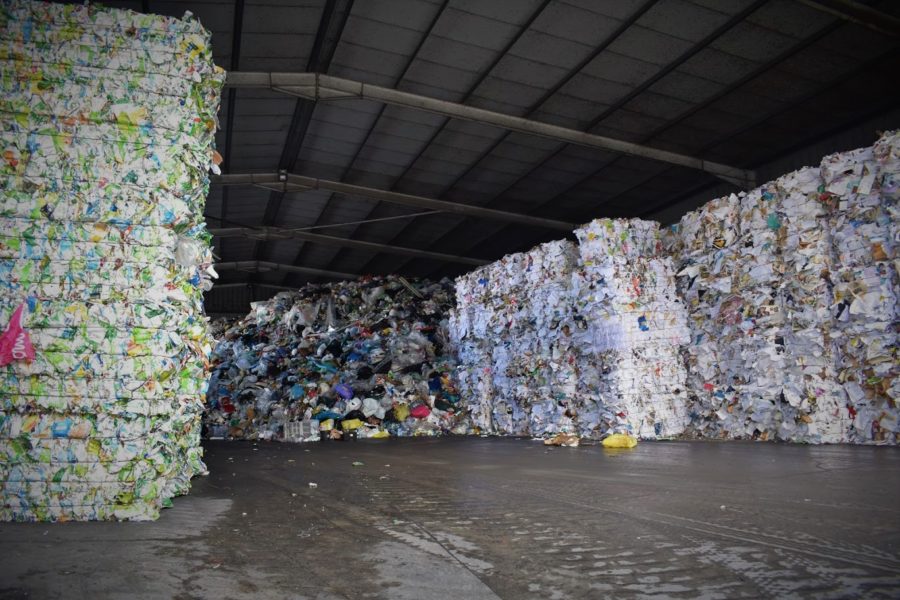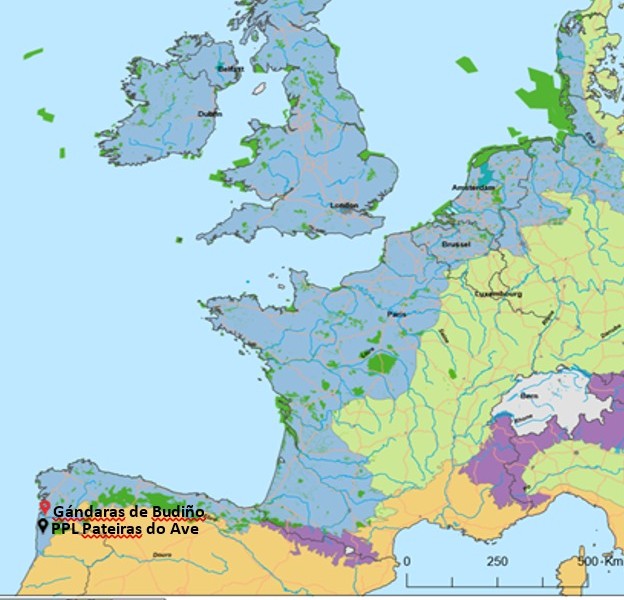
Is the “Green Deal” a new path to reduce waste in Europe?
From 2018 China , which was the world’s largest importer of ‘foreign waste’, has halted the import of solid waste from more developed nations. Europe was faced with the problem of its own waste, redefined the way we produce, distribute, recycle and promote the growth of the economy, this is an idea that cuts across all the actions proposed in the European Green Deal.

Trash – A buried nightmare
Porto and Kotor…the old urban settlements of rich tradition and culture, attracting numerous tourists by beautiful landscapes, cathedrals, squares… However, there is a less beautiful side of the story, yet a very important one. This article aims to unveil the similarities and differences in regard to landfills and dumpsites of these two ancient towns.

Think European, Act Locally
The Natura 2000(1) network represents a group of areas that have a particular ecological interest. Its goal is to ensure the conservation of a wide range of rare, threatened or endemic both animal and vegetal species in more than 200 types of habitats, as foreseen in the 92/43/EEC Directive of 21st May 1992 (The Habitat Directive(2)), and also ensure the survival of the mosvaluable European species through the 2009/147/EEC Directive of 30th November 2009 (The Bird Directive(3)).

Managing waste and the Future
The production of waste is a reality that tends to increase proportionally to the degree of development of the country. It is up to each citizen to look at the waste and think what to do with it.


You must be logged in to post a comment.